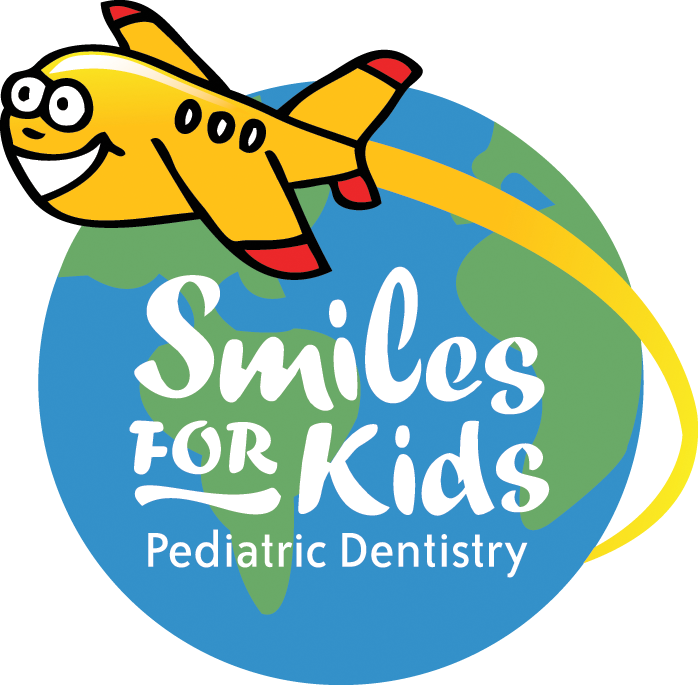Establishing a Dental Home for kids: What to Consider when Choosing a Dentist
/An excerpt from the American Academy of Pediatric Dentistry encourages parents and other care providers to help every child establish a dental home by 12 months of age. The AAPD recognizes a dental home should provide:
- comprehensive oral health care including acute care and preventive services in accordance with AAPD periodicity schedules
- comprehensive assessment for oral diseases and conditions;
- individualized preventive dental health program based upon a caries-risk assessment and a periodontal disease risk assessment
- anticipatory guidance about growth and development issues (ie, teething, digit or pacifier habits);
- plan for acute dental trauma;
- information about proper care of the child's teeth and gingivae. This would include the prevention, diagnosis, and treatment of disease of the supporting and surrounding tissues and the maintenance of health, function, and esthetics of those structures and tissues;
- dietary counseling;
- referrals to dental specialists when care cannot directly be provided within the dental home;
- education regarding future referral to a dentist knowledgeable and comfortable with adult oral health issues for continuing oral health care; referral at an age determined by patient, parent, and pediatric dentist. The AAPD advocates interaction with early intervention programs, schools, early childhood education and child care programs, members of the medical and dental communities, and other public and private community agencies to ensure awareness of age-specific oral health issues.
Taking care of a child's teeth is one of the most important aspects of their overall health. In order to prevent dental problems in the future, it is best to start young. The ultimate goal is to find someone who the child can feel comfortable with by seeing them regularly. Finding the right pediatric dentist is an important step to take.
A good pediatric dentist will have the necessary qualifications such as an extra two to three years of academic training and associated lab and intern work. Without the degree in pediatric dentistry, there is no assurance to the quality of work that can be received in the field of children's dentistry.
Studies in sedation dentistry, children's growth and development, and children's behavior are signs of a commitment to providing the best possible dental care for kids. The practice of children's dentistry is a field that offers advancements in techniques and technologies each year. Pursuing of continuing education courses that are required each year to keep the license and related seminars can help the dentist improve their practice and translate a better service for children.
Aside from the medical qualifications, there are other qualities that are more subjective. The actual practice of a good pediatric dentist should be reflected in their genuine care for children's dental health and bedside manner. They should be gentle, patient, and someone that the child can feel safe and comfortable with. It also helps if they explain to the child what the procedure is for and what will happen. They should have staff that from the time a child walks into the office to the moment they walk out will treat him or her as a special friend that gets the time and attention that they deserve.
The dental office should be friendly and appealing to children. Colorful walls and artwork can make the office less clinical. Some dental offices have toys and games for children so they do not get bored while waiting. The important thing to consider is that children do not think the same way as adults. Children need to actually see that the dentist's office is not meant to be feared to understand it and enjoy their visits.
The experience of going to the dentist can be anxiety prone for many kids so the staff and the office can help alleviate these fears. A caring and welcoming atmosphere that caters to a child's need can help them relax. This is not just about making the child comfortable. It is also a way to promote their dental health. If the child associates the dentist's office with something negative, then it will be more difficult to get them to return for regular checkups and will make them a fearful patient for years.
The pediatric dentist, patients, and parents of the patients should trust each other. The child must be able to properly relate to the dentist in order to allow them to perform the necessary procedures such as examination and treatment of the oral areas. The parents or caretakers of the child must also trust that the dentist is capable of providing the child with the best possible dental care.
